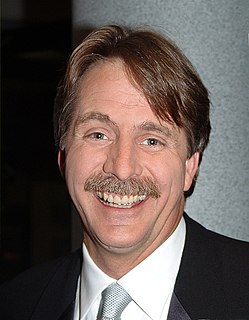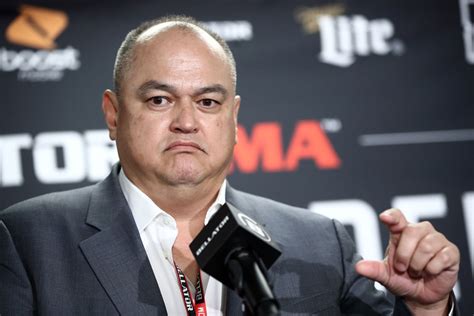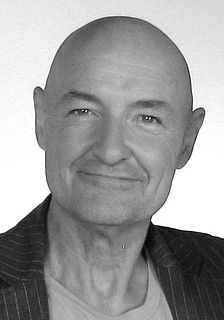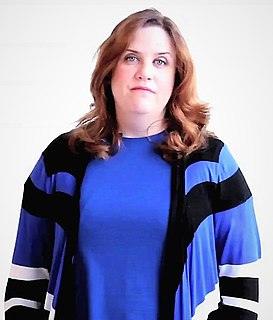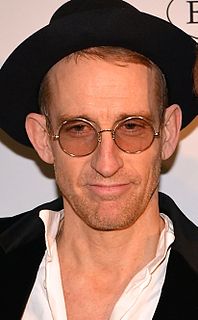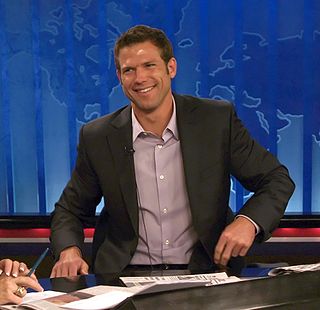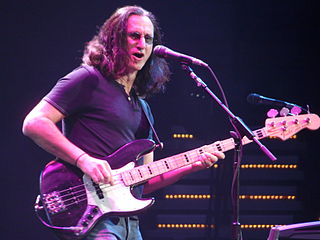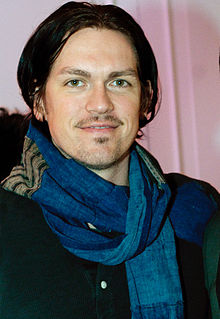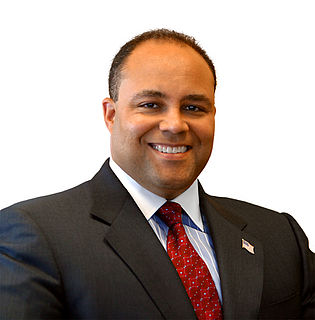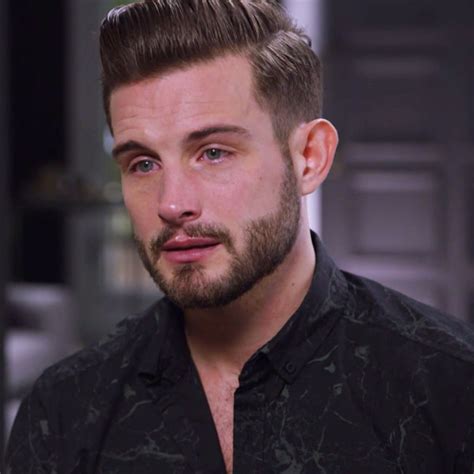A Quote by Jeff Foxworthy
If your working television sits on top of your non-working television, you might be a redneck.
Related Quotes
You can't really gauge the difficulties of television. There's difficulties and joys that happen with an amazing, great team, when one is working. Television can be a very frustrating job for almost anybody working in television, because you're shooting episodically, and you don't know one scene from the next, and maybe they change around.
I keep saying we've got 92 million Americans on the beach. They're not working, and they're all eating, and they're all making phone calls, and they're all watching television. But they're not working. You mean to tell me if you tell them that to keep all that they're going to have to get a job, that that is a detriment to your campaign?
